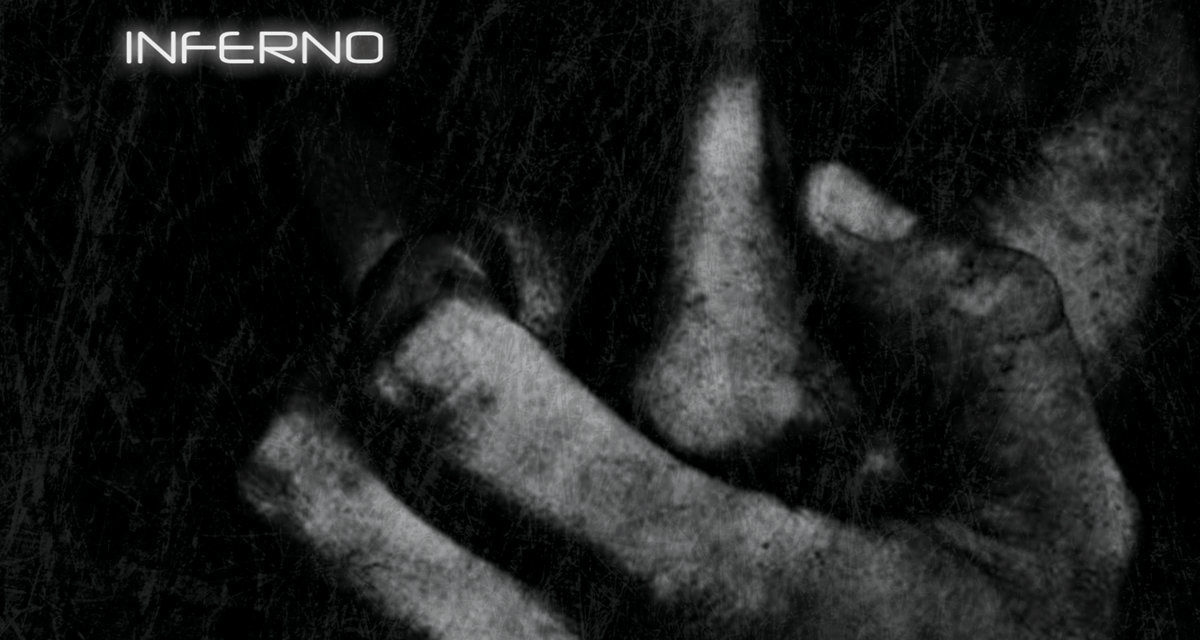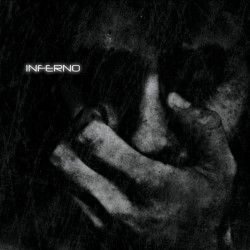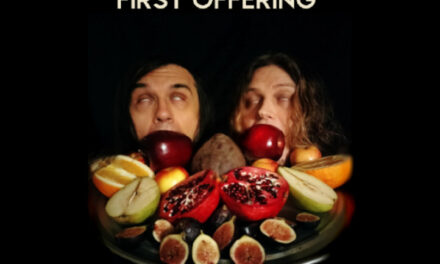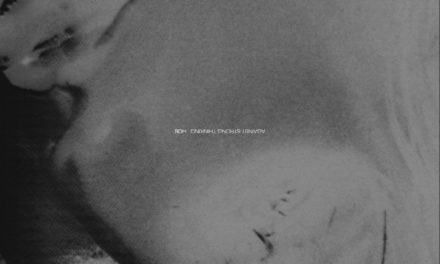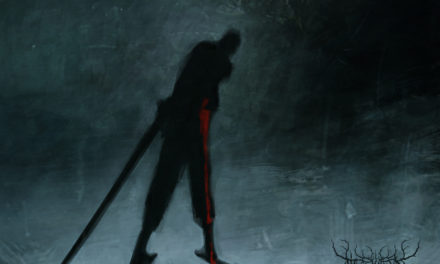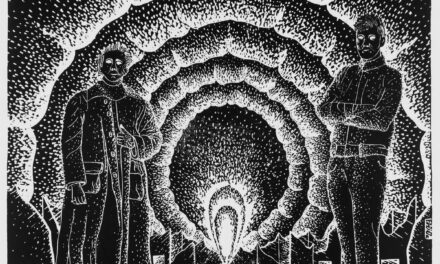Various Artists
Inferno
self-released
Concept records always seem a tricky pitch, especially when they’re themed around particularly abstract concepts. We’ve seen ESA tackle such a task with the three part Themes Of Carnal Empowerment series, but the instrumental Inferno release curated by Wychdoktor is perhaps even more ambitious. A crew of artists has been assembled to plumb the depths of hell and produce dark ambient tracks for each of its circles, at least those mapped out by Dante in The Divine Comedy. The result’s a surprisingly varied (though understandably grim) listen, with a range of thematic and sonic takes on the subject matter.
The specific circles of Dante’s hell are named for the sins of those punished within, which leaves the artists with an interesting choice: address the sin for which one is being being punished, the punishment itself (often very ironically fitting), or some combination thereof. It’s impossible to guess how each artist was specifically inspired by the compilation’s conceit, but plenty of the resulting tracks show some interesting approaches. Oddly, Toronto breakcore act The Rain Kills Quietly’s vision of “Wrath” contains the record’s most serene and pretty sounds…for the first half of the track. Lush and calming choral pads are abruptly pulled away mid-track to be replaced with a galloping barrage of static-flecked beats. V▲LH▲LL’s take on “Treachery” is one of the more clever approaches, using shuddering and pitched vocals samples to communicate the idea of half-heard lies and betrayals.
Just as diverse as the interpretations of the hellish theme are the approaches to dark ambient found on Inferno. While perhaps only a handful of the tracks here would pass muster with purists as “true” dark ambient, it’s cool to hear some familiar names try on a new style. ѦPѺLLYѺN’S ▼ISѦGE layer a hellfire and brimstone sermon on desires for “strange flesh” overtop oozing pads on “Lust”. Matt Gifford of Encephalon (appearing here under his old TerraHurts moniker), on the other hand, is miles away from his established bombast with a smudged and smokey composition for “Fraud” which combines metallic ambiance and deep grinds that connote tectonic shifts.
The exact metaphysical arrangement of Dante’s circles of hell (not to mention their inhabitants as encountered by Dante and Virgil) are, of course, tied to the philosophy and politics of fourteenth century Italy: something not exactly on the docket of most of the contemporary artists working here, I’d presume (nor on those of most listeners, yours truly included). But, like the Bible, the The Divine Comedy‘s proven to be a text which carries resonance well beyond its original intentions and context. Here, in getting a solid group of producers to wrestle with sounds and issues they might have otherwise passed over, its continuing influence is welcome.

